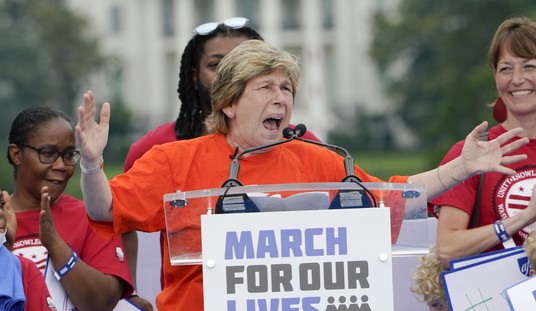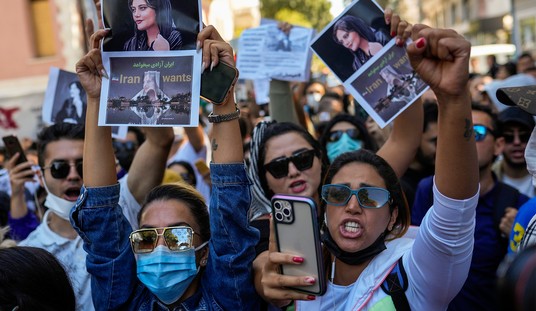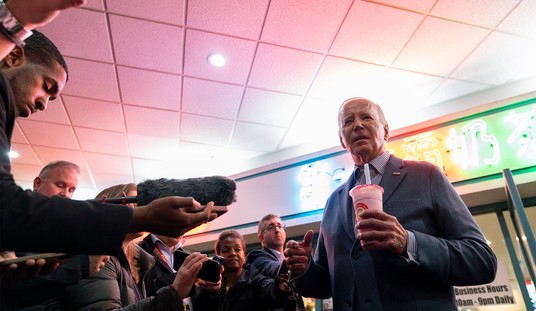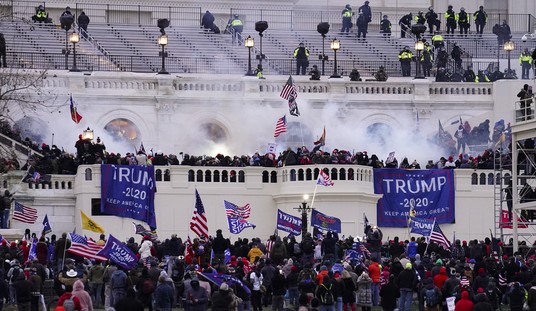Since filing yesterday’s blog on Roger Cohen, more critiques of him have appeared. Yesterday, Jonathan Tobin wrote a particularly sharp piece at Commentary’s Contentions website. Referring to the same piece I discussed that Cohen ran on Sunday, Tobin writes: “The result is just as lame as the first one with the added demerit of being a second helping.” Tobin runs through all of Cohen’s rather pathetic arguments, and calls them “straight out of the playbook of previous apologists for beastly regimes.”
For that reason, Tobin offers Cohen “The Walter Duranty Memorial Award,” named for Stalin’s favorite journalist who won the Pulitzer Prize in 1932 for reporting from the Soviet Union for The New York Times. In his articles, Duranty wrote that no famine existed in the Ukraine, and willingly ignored all the evidence that it not only was real, but was a state created famine. Like Duranty, who was a willing dupe of Stalin (and who received many perks from the Soviet regime for his service to them), Tobin calls Cohen a “dupe of the ayatollahs.” I should point out that to this day, despite an official investigation a few years ago by a Columbia University historian, the Times still refuses to hand back its award. It still proudly lists Duranty as a recipient each year when the Pulitzer Prizes are awarded.
So Richard Cohen is part of a proud Times tradition, one later carried on by Herbert Matthews on the eve of Castro’s 1959 Cuban Revolution and by Harrison Salisbury in Vietnam. So those of my critics who are livid with rage that I headlined my blog “Fire Roger Cohen” have no cause for concern. If anything, Cohen will receive more plaudits for his “realism” on Iran, and he will be used by those who argue that despite Iran’s soon to be fulfilled nuclear capability, we have nothing to worry about. After all, according to Cohen, Iran is a real democracy.
My critics, I would add, have no sense of humor. I am not advocating blacklisting of those with whom I disagree. I was only, perhaps not too carefully, trying to suggest the different standard it had when it comes to a conservative columnist. If they could get rid of Kristol, whom the paper’s liberal and left-wing readership despised, then I somewhat facetiously was trying to make a simple point: Why not also get rid of Cohen?
When The Times first announced they had hired Kristol, the paper was flooded with irate letters demanding that it not do so. Kristol was hated by the letter-writers. After all, he was a dreaded neo-con who favored the war in Iraq. Such a person, they argued, had no place in the paper’s op-ed page. When his year contract was up, the Times let him go. And to date, they have not replaced him with another conservative voice.
Look at the current line-up of op ed writers: Thomas Friedman, Bob Herbert, Paul Krugman, Maureen Dowd, Roger Cohen and David Brooks. The first five are certified mainstream left-liberals; only Brooks is a self-described moderate centrist conservative, and as everyone knows, is the “conservative” all liberals love. In today’s paper Brooks admits to having second thoughts about Barack Obama’s economic agenda, calling it “a social-engineering experiment that is entirely new.” This is, however, a departure from his previous unadulterated enthusiasm for Obama, and undoubtedly his liberal readers will forgive him for it. Unless they realize that much of what he concludes today is akin to the argument many conservatives have been making for the past few weeks- a perspective that Times readers may not have never come across until today.
So now Brooks entertains the possibility that “Barack Obama is not who we thought he was.” Rather than a moderate of the center, Brooks suggests that in fact, Obama “favors a transformational liberalism that should put every centrist on notice.” Thus, he writes, centrists now have to “block the excesses of unchecked liberalism.”
Well, despite Brooks’ attempt to call this the agenda of a responsible centrism, he will soon be attacked as the brother of Rush Limbaugh and right-wing hardliners who in less restrained fashion, have been making much the same argument as Brooks. Indeed, Brooks goes so far as to write that much of what Democrats have done in the past few weeks amount to “ideological outrages.” I happen to agree with Brooks. I think his analysis is spot on. But let’s be honest: it is in line with much of the conservative critique. It is also what Newt Gingrich argued at CPAC-that we need a movement of Americans of the center, right and independents to stand together for what is in the nation’s best interest.
It also is the perspective of some smart individuals who regard themselves as coming from the tradition of the political Left. I received a lengthy communication a few days ago on Obama’s program from a historian who considers himself a man of the Left, who believes that what is currently called the Left is in reality a “sectarian proto-Fascist” group, for whom Obama is a willing instrument. This historian puts his conclusion this way: Obama, he thinks, is playing the crisis angle not just for New Deal reform, “but to advance a state-command agenda, leading to a party-state regime…=fascism American style.” All who hold “liberal democracy dear,” he writes, “across left and right need urgently to coalesce…and realign for a political movement to rejuvenate American Liberal Democracy.”
Whatever one calls it, the time is ripe for a thoughtful analysis of Obama’s program and to act to change the direction he is leading us in.








Join the conversation as a VIP Member